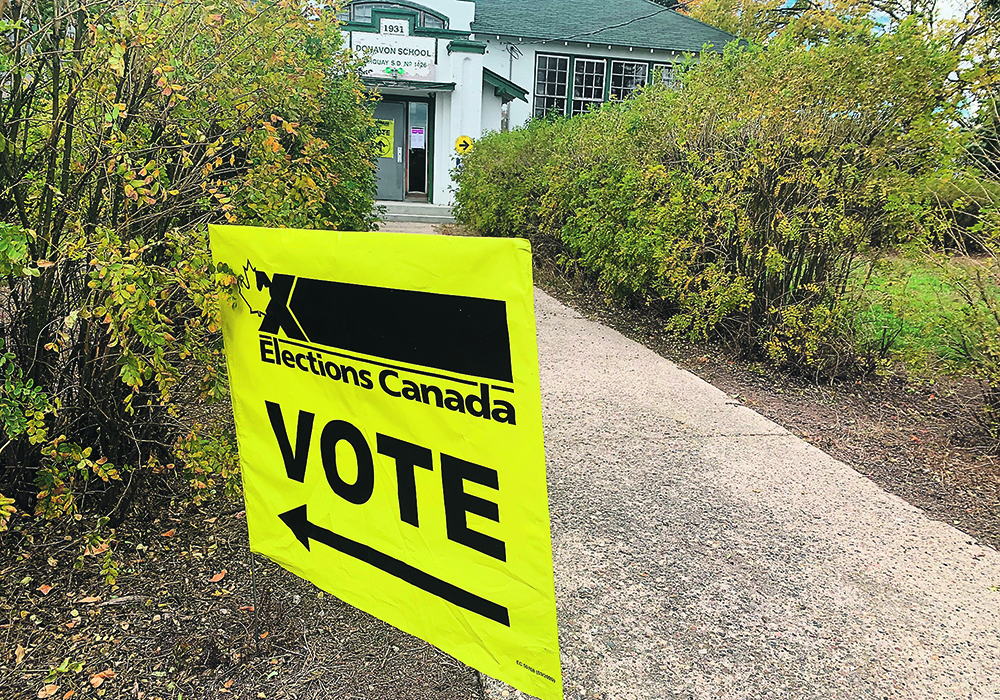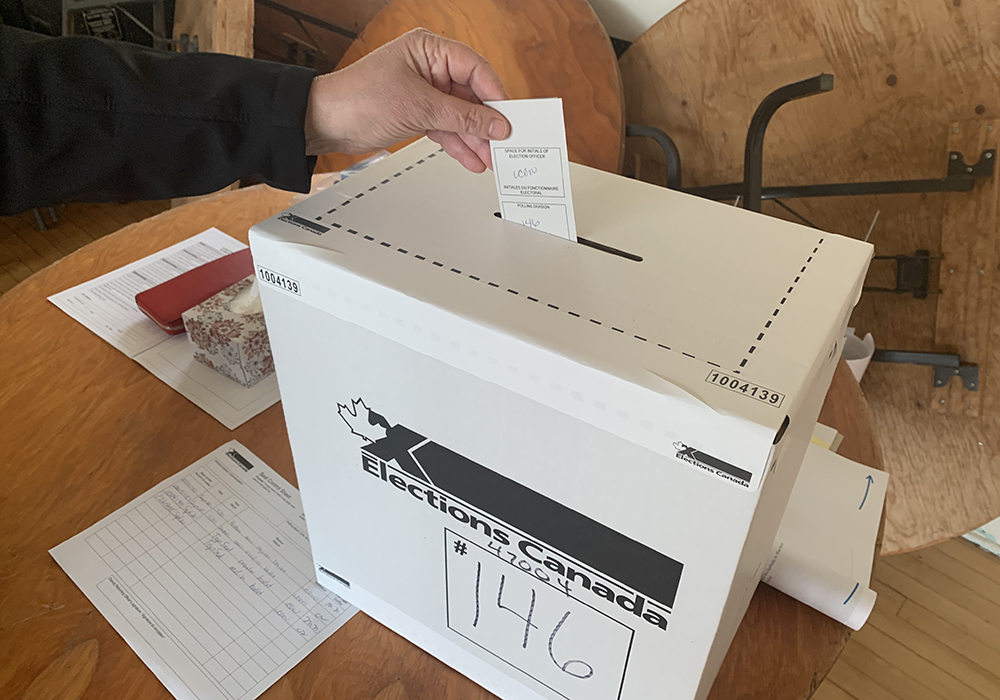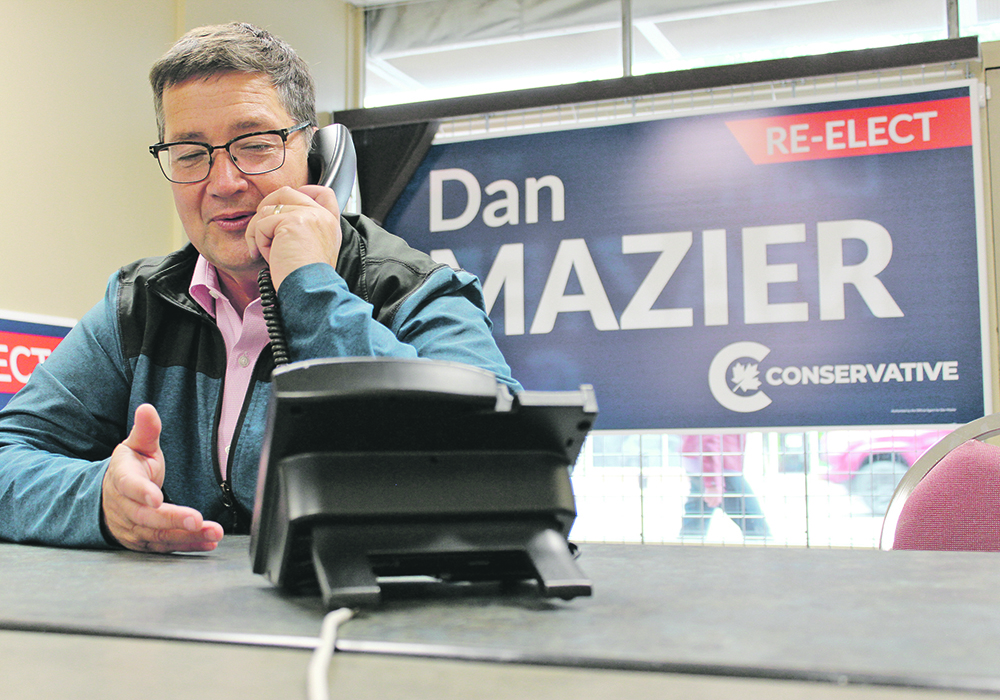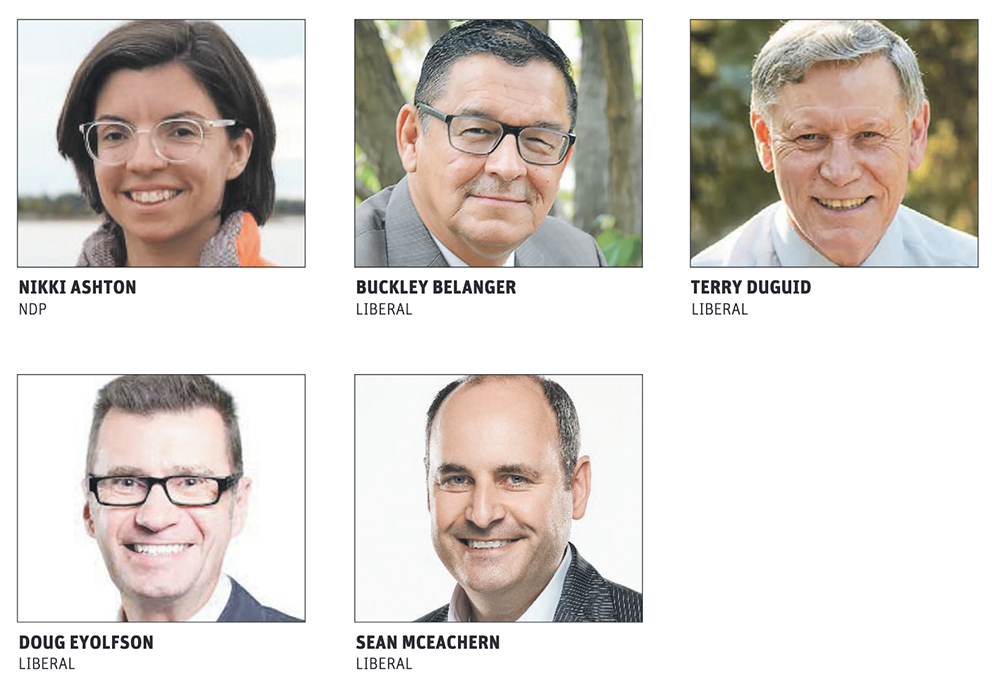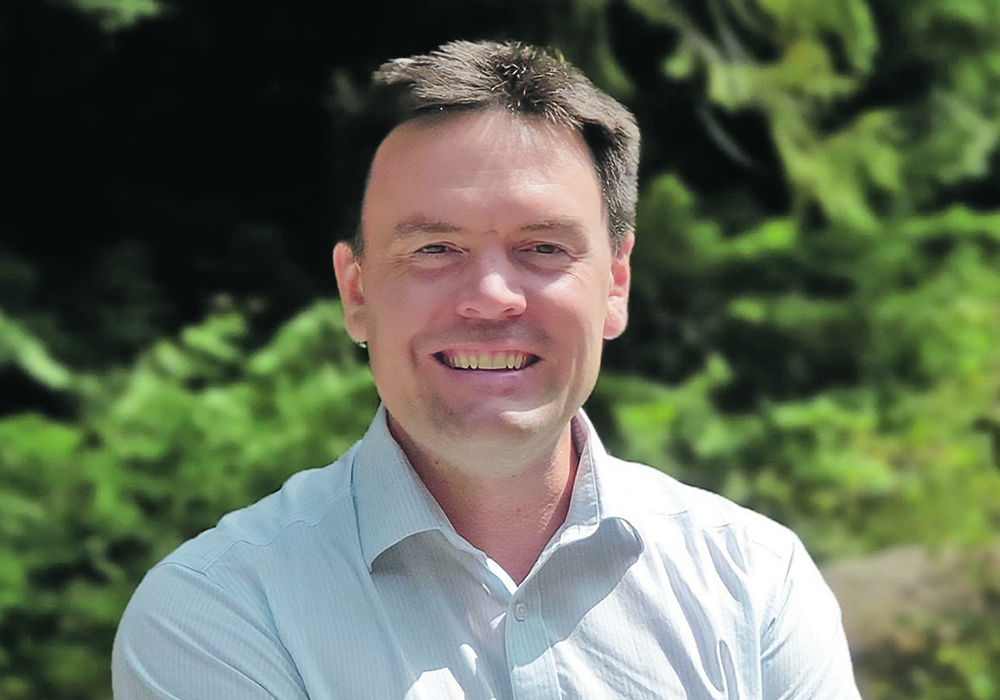Election ’21: Strong Conservative supporter has reservations about leader but has stronger feelings against prime minister
A week into the federal election and no issue big enough to sway rural prairie voters toward electing Liberal candidates has yet appeared.
The 2019 federal election saw the Conservative party take nearly all rural seats from the British Columbia Interior to northwestern Ontario, with the federal NDP picking up a couple of seats outside major urban centres.
Former Dauphin, Man., MP Inky Mark, a Conservative, has no love for the Justin Trudeau Liberals.
Mark said Canada’s economy is in trouble and its national debt needs to be addressed with a Conservative government best equipped to handle the situation.
Read Also
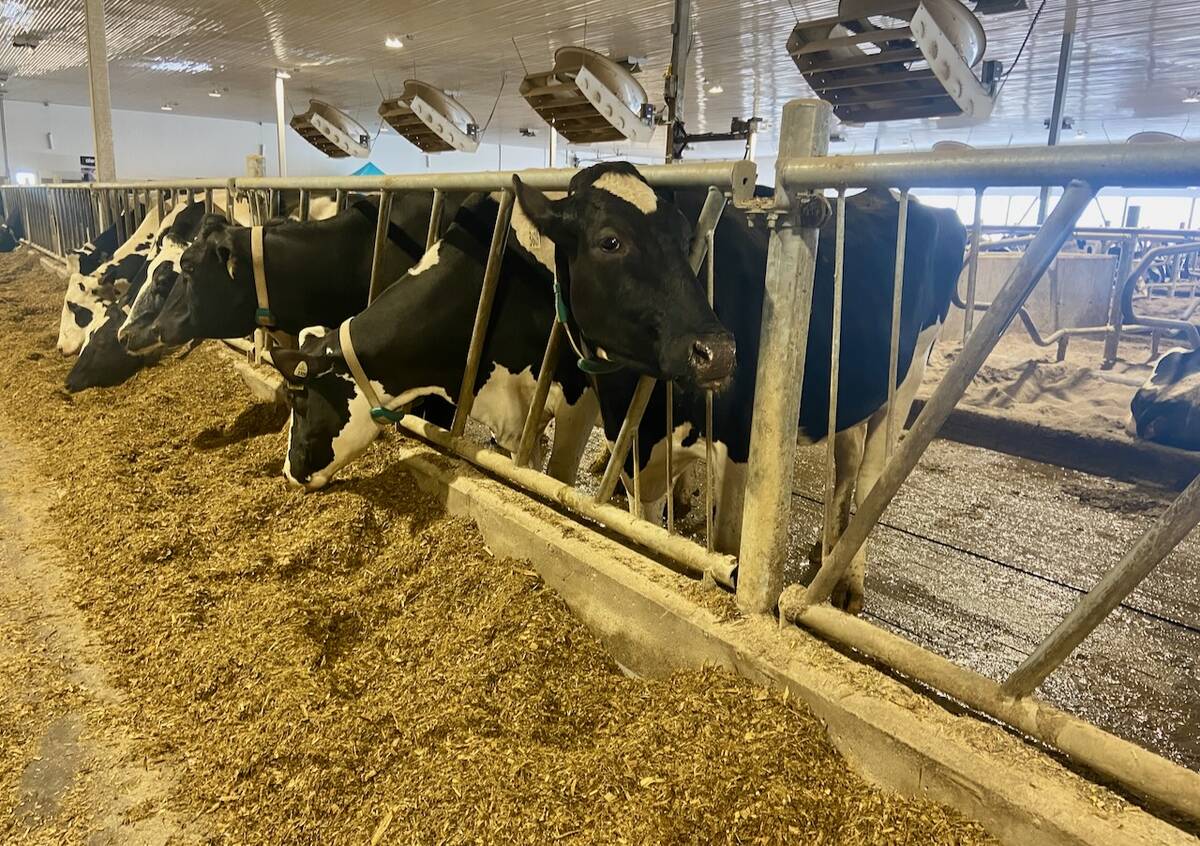
U.S. farm group supports supply management
U.S. grassroots farm advocacy group pushing new agriculture legislation that would move towards supply management like Canada has for dairy industry
Upstart parties on the right, such as the People’s Party of Canada (PPC) and Maverick Party, may compete for traditional Conservative votes and help the Liberals retain power, said Mark.
“If the left splits (between the Liberals, NDP and the Green party), I’ll be perfectly happy. My concern is the right,” said Mark.
“The conservatives need to stick together, vote in a block, disregard the PPC and the Maverick. All they’re going to do is hurt us.”
Mark said despite being a strong supporter of the Conservative party, he is not a huge fan of its leader Erin O’Toole. But he stressed whatever his issues are with the Conservative leader, they’re minor compared to those he and the Tories have with Trudeau.
Despite the misgivings of rural voters on the issue of gun control dating back to the long-gun registry, Mark doesn’t see that as being a major issue this election.
“It’s about the economy,” he said.
Don Cody has a long history within Saskatchewan politics dating back to 1971, when he was elected as a rural NDP MLA in the now dissolved riding of Watrous.
Cody, currently a city councillor in Prince Albert, has similar sentiments about NDP leader Jagmeet Singh as Mark has for O’Toole.
“I’m not as hot on our leader as I could be,” said Cody. “He doesn’t stand for all of the things I do. I’m a central New Democrat. I believe in business. I believe in building pipelines to get our product to market like I believe in building highways to get our farmers’ products to market.”
If there is an issue he’d like to see take centre stage in this election it’s federal support for municipal infrastructure.
“Financing infrastructure, in my view, is one of the greatest issues there is. We have a deficit of billions of dollars in roads and bridges and pipes in the ground,” he said. “There is just no way that a city or rural community can finance that on their own.”
Cody said the economy is an issue that must be addressed.
“We’re a country going into debt more and more all the time,” he said. “But we have to remember, as soon as possible, we have to curb that spending and start to make our own way.”
If there is one rural riding that might be a challenge for the Conservatives to hold it’ll be Desnethé-Missinippi-Churchill River, said Cody.
Buckley Belanger, who is running for the Liberals in the riding this election, previously held the northern Saskatchewan provincial seat for the NDP for more than 25 years.
“I suspect he is going to give (incumbent Conservative MP) Gary Vidal quite a run for his money,” said Cody.
For voter Mikhail Ivanchikov, who was in Oyen, Alta., for a pitstop between meetings for renewable energy projects, the main election issue is maintaining the freedoms Canadians enjoy.
The Russian émigré, who was raised on a subsistence farm 40 kilometres outside Moscow during the Soviet era, said he’d like to see renewable energy allow for more independence for rural residents and “put control in the farmers’ hands.”
Ivanchikov, president of Edmonton-based Dandelion Renewables, said he has voted for parties that have pushed to address climate change issues in the past but it’s not an issue for him this time.
“I just want to make sure we don’t lose our freedom,” said Ivanchikov. “I have a sense of where it can go.”
As long as governments don’t skew the system to favour large energy companies, the economics of small-scale renewables will take care of themselves, he said.




